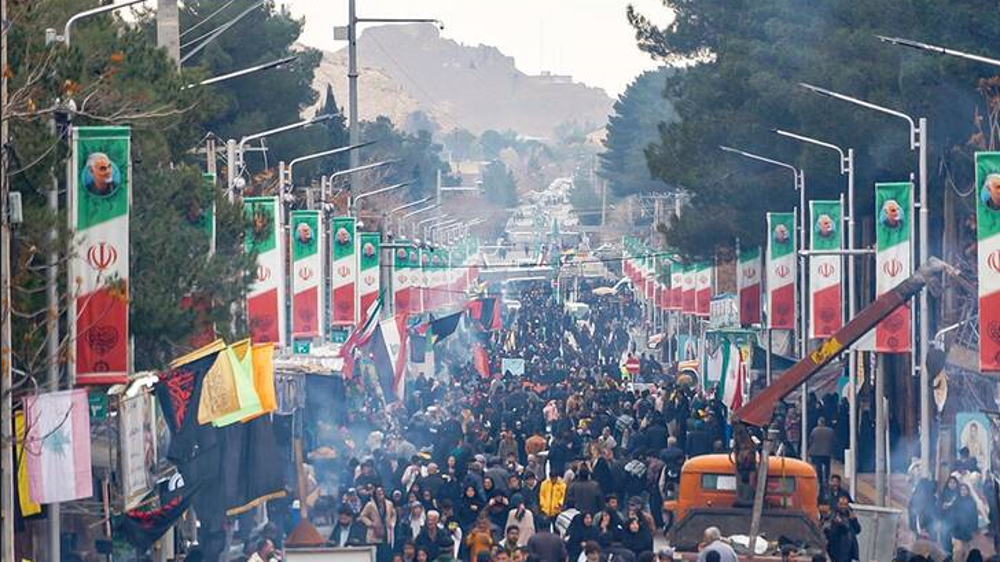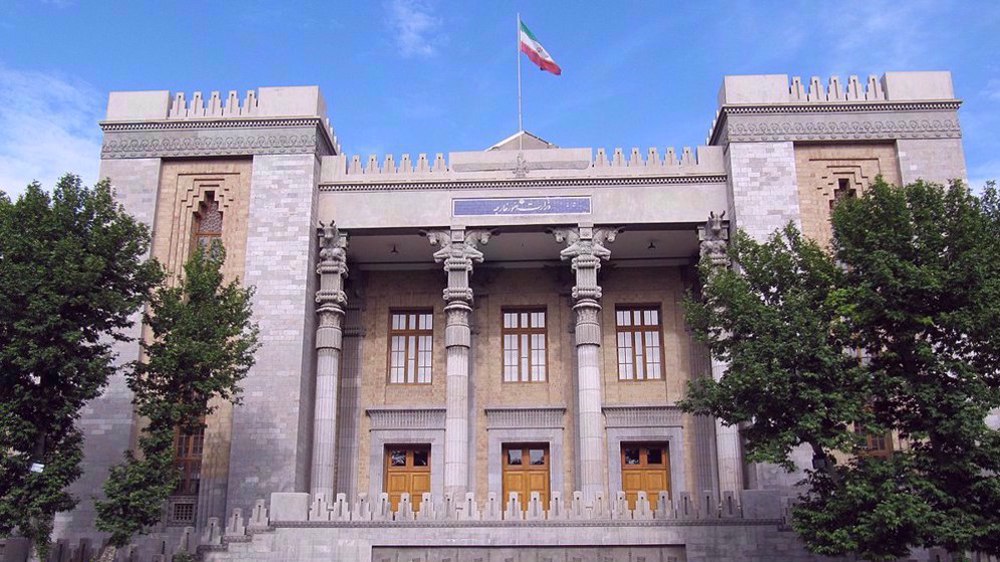Women can run for president in Iran: Member of Constitutional Council
A legal jurist sitting on Iran’s Constitutional Council says there is no prohibition on women contesting presidential elections, amid a long-running debate on what the Constitution’s text implies for female figures and as the June 18 presidential vote draws near.
The Council — comprised of six faqihs (Islamic law experts) and six legal jurists — is in charge of protecting the Constitution and vetting candidates for elected offices based on the supreme law’s requirements.
Hadi Tahan Nazif, a jurist on the Council, said on Tuesday that the body’s interpretation of the Constitution did not put in place any impediment to a woman running for president and that women could register for the upcoming election.
He did acknowledge, however, that views differed on the matter.
“There are some differences of opinion, but that is not limited to our country,” he said. “To us, there is no prohibition on all Parliament members being women; we already have 16 women lawmakers. That’s also the case with the executive branch.”
Article 115 of the Iranian Constitution states that a presidential candidate must, among other things, be a political and religious rajol, a word borrowed from Arabic that literally translates as “man.”
Some jurists on the Council take the literal sense and argue that women cannot run for president, while others have argued that the world rajol could also be interpreted as a certain “personality” rather than merely a “man.”
The Council is yet to offer a binding constitutional interpretation on the matter. Earlier this week, it released a new interpretation of the Constitution aimed at clarifying the criteria for presidential candidates, but the issue was not directly addressed.
Under the Council’s new interpretation, all nominees would have to be between 40 and 70 years of age, hold at least a master’s degree or its equivalent, have a work experience of at least four years in managerial posts (with specific criteria of its own), and have no criminal record. Furthermore, top military commanders with the status of major general and higher are also allowed to run.
Tahan Nazif defended the 12 criteria presented in the interpretation, describing them as a step toward more “transparency.” He rejected criticism that the newly-updated requirements were not in harmony with the Constitution.
The administration of President Hassan Rouhani has taken issue with the Council’s new interpretation of the Constitution, saying the Interior Ministry should take existing law into account while registering presidential nominees.
Israel forces make incursion into Lebanese town, torch homes
Israeli settlers raid al-Aqsa Mosque amid restrictions on Muslims
President Deby: French troops will leave Chad by end of January
Toxic waste removed from India's 1984 Bhopal gas tragedy site
Gaza police chief, deputy killed in airstrike on humanitarian zone
South Korea's Yoon vows to ‘fight until end’ despite facing arrest
Alawites targeted as HTS militants launch crackdown on Homs
VIDEO | Press TV's news headlines










 This makes it easy to access the Press TV website
This makes it easy to access the Press TV website